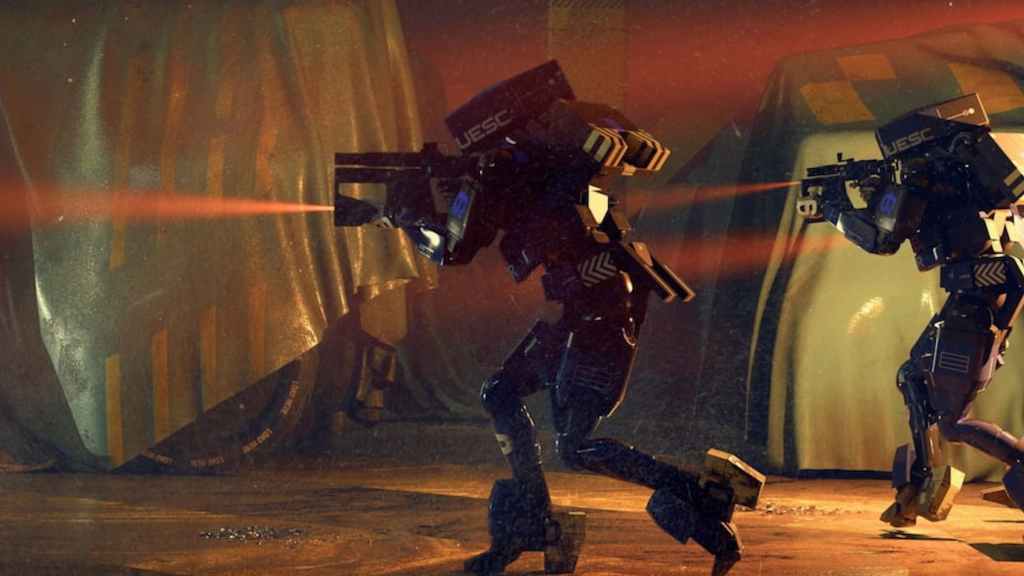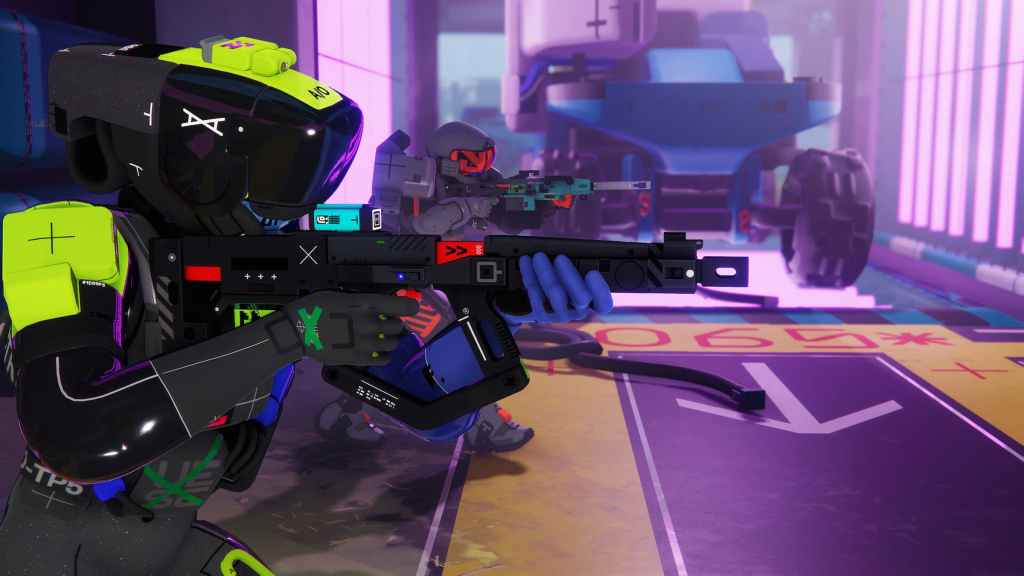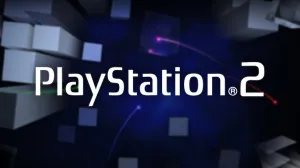Bungie brings a certain magic to its worlds, an almost unmatched ability to create universes that feel alive, interconnected, and brimming with mystery. From the mythic battles of Halo to the sprawling sci-fi saga of Destiny, the studio has built a legacy around worldbuilding that inspires obsession. Their upcoming project, Marathon, promises to carry that tradition forward: a reimagining of the cult classic from the ‘90s, this time as a sleek, live-service extraction shooter that hopes to capture the same lightning that Arc Raiders has.
Videos by ComicBook.com
But excitement alone won’t guarantee success. Marathon arrives in a very different era, one where live-service games are defined by constant updates, seasonal grinds, and massive player expectations. And if there’s one thing Bungie needs to learn from Destiny 2’s long and complicated history, it’s how to avoid alienating the very audience it hopes to build. Because for all the brilliance Destiny 2 has shown, it also carries one glaring flaw that Marathon cannot afford to repeat: gatekeeping.
Destiny 2’s Biggest Flaw Isn’t Its Grind, It’s Its Gatekeeping

For years, Destiny 2 has balanced between brilliance and frustration. Its gunplay is flawless, its world beautiful, and its lore some of the richest in gaming. But beneath that polish lies a barrier that too many players never manage to cross: accessibility. Starting Destiny 2 today as a new player feels like being dropped into the middle of a ten-season TV show with no recap. Entire campaigns have been vaulted. Key story arcs exist only in YouTube explainers. You’re immediately surrounded by currencies with obscure names, vendors whose purposes are unclear, and systems layered upon systems. For newcomers, it’s overwhelming.
I played Destiny 2 when it first launched, and it was some of the most fun I’ve had with a shooter. But I dropped off, leaving my friends to their fun while I moved on to other games. Years later, I got the urge to jump back in and play with my buddies. But I literally had no idea what was happening, or what half the systems were. My enthusiasm immediately vanished, and I gave up trying to understand the game’s current state.
The game’s brilliance was there, buried under a mountain of confusion. But I, and so many other players, just don’t have the patience to dig through every new system and hunt down lore snippets just to play the game when there are so many alternatives. The studio knows how to create compelling worlds and addictive gameplay loops, but Destiny 2 showed how easily complexity can become exclusion. In a live-service model, every new feature adds another layer that can be a hurdle for new players joining in late.
Marathon Can’t Afford to Repeat That Mistake

That’s the danger Bungie faces with Marathon. What makes Marathon especially interesting and risky is its heritage. The original Marathon trilogy, released in the mid-1990s, was one of Bungie’s first great achievements: a dense, lore-heavy sci-fi shooter filled with philosophical storytelling and environmental depth. Its story of artificial intelligence, lost colonies, and existential dread earned it a cult following long before Halo ever existed.
With Bungie bringing that universe back, it needs to walk a tightrope. It’s already making a huge genre shift by transforming the single-player narrative series into an extraction shooter, but there are three games’ worth of lore. Then there is the additional layer of being a live-service game. It needs to feel rich and evolving, but also manageable and clear. Too little content, and players lose interest; too much, and they feel lost. Destiny 2’s downfall in this area wasn’t a lack of content; it was an overload of it, delivered without sufficient context or onboarding.
Bungie has to ensure Marathon avoids that trap. Players should be able to jump in, understand the core systems, and feel like they belong, whether they’ve been following Bungie and Marathon for decades or are brand-new to its universe. The moment a player logs in and feels like they’re doing homework, the game is already lost. Personally, I want Marathon to succeed not just because I’m a Bungie fan, but because I miss the feeling of discovery that their early games inspired. I remember booting up Halo: Combat Evolved and instantly understanding my purpose. Crash-landed on a mysterious ringworld, trying to survive, this is the magic Marathon has to recreate.
Balancing Depth and Lore With Approachability

One of Bungie’s greatest strengths has always been its storytelling, but this has also been one of its greatest weaknesses. The studio crafts lore so deep that fans build wikis, podcasts, and novels around it. Destiny’s narrative universe is massive, spanning gods, wars, and entire civilizations. But when the entry point is buried under that mountain, even the most beautiful lore goes unread. So much so that I often overlook the other issues surrounding the game because understanding the narrative is so convoluted.
Marathon will almost certainly feature a detailed backstory; whether or not this stays true to the original trilogy remains to be seen. The trick will be presenting it in a way that rewards curiosity without requiring homework. Environmental storytelling, dynamic world events, and accessible lore logs can all build atmosphere without turning lore into a barrier.
The same goes for its systems and progression. Bungie loves complexity, not that that is inherently bad. Deep systems give hardcore players something to master. But those systems need to be introduced gradually, not dumped on players all at once. A clear, intuitive onboarding experience, transparent UI design, and meaningful goals are essential.
If Bungie can nail that approachability, Marathon could be the bridge between old-school depth and modern accessibility. Players shouldn’t feel excluded for not knowing a decade of backstory; they should feel invited to explore it. After all the controversy surrounding Marathon, Bungie needs it to be a big win if it wants to continue in the gaming industry, and part of this involves retaining players and getting new ones to try it.
What do you think? Leave a comment below and join the conversation now in the ComicBook Forum!









